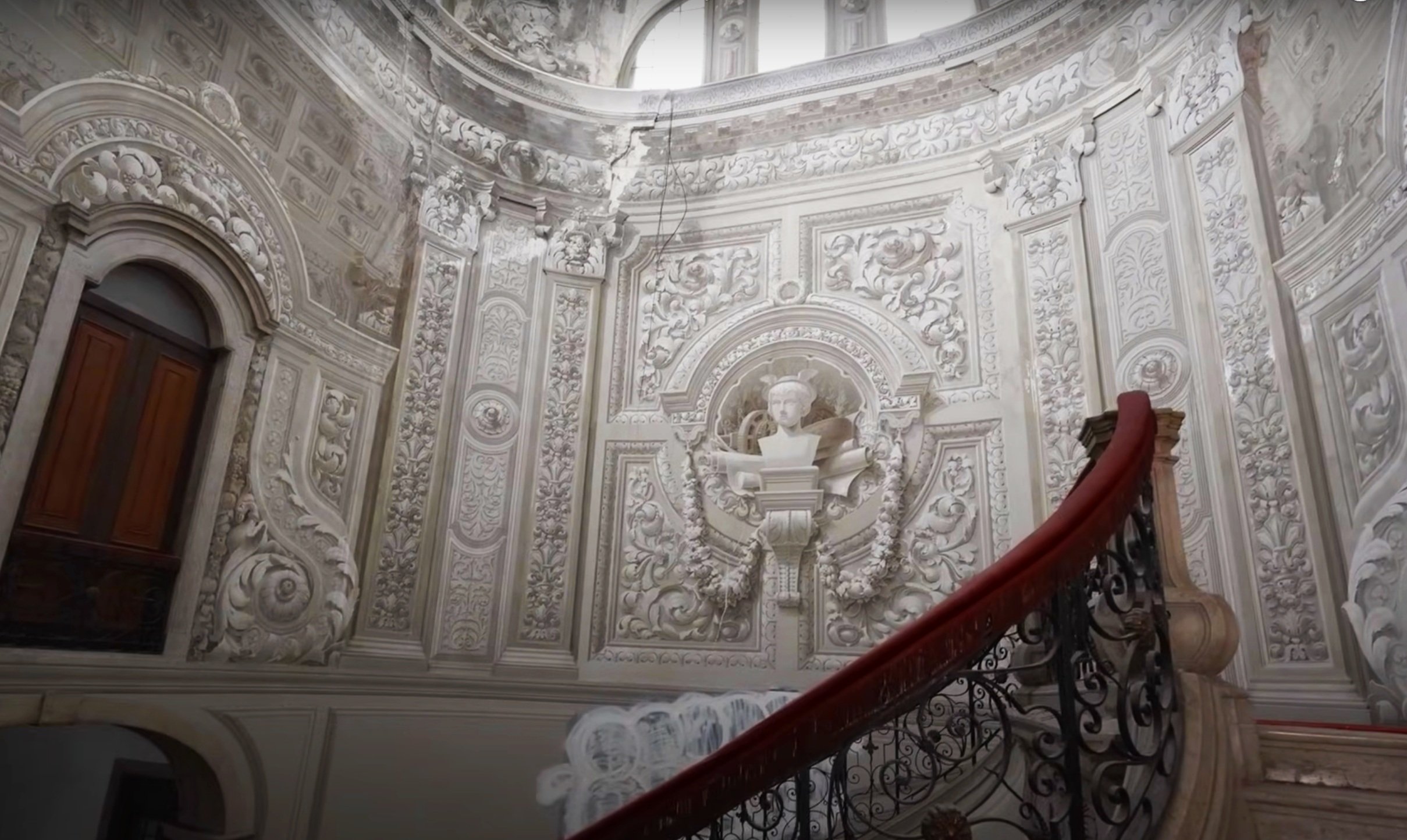Preserving Portugal’s Legacy and Propelling Cultural Growth
A Creative Communities Asset Model
Client The Portuguese Ministry of Finance
Project Name “Tropics”
Services Innovation Strategy, National Brand Positioning, Community Development
Challenge
As one of Europe’s fastest-growing global cities, Lisbon presented the Portuguese government with the challenge of making the most of its iconic national properties. The goal was to preserve their historical significance while preventing them from becoming mere tourist attractions. Our task was to develop innovative solutions for utilizing these properties in ways that served both local communities and international visitors, all while upholding Portugal’s national values and bolstering its global image.
At the heart of this initiative was the Burnay Palace—once known as the Palace of the Patriarchs and later repurposed by the Tropical Plant Medicinal Research University. This landmark became the centerpiece of our vision for revitalizing cultural heritage and creating a space that balances historical preservation with contemporary relevance.
Solution
We developed a profitable cultural institution model that seamlessly integrated diverse industries and cultures into a cohesive brand. Highlighting Lisbon's unique values, we designed a hybrid model that fostered aligned business and commercial activities. The project celebrated the best of Portugal’s culinary arts, technology, and entertainment sectors while incorporating emerging cultural impact leaders. Situated in a 10,000 sqm property, the initiative revitalized a historic site and served the local community's needs while attracting a global audience.
Results
The revenue model not only generated significant real estate value but also attracted widespread media attention, political backing, and global partnerships from cities such as Paris, London, Tokyo, Berlin, and LA. The swift interest and letters of intent (LOIs) from major sponsors underscored the model’s effectiveness from a real estate perspective.
Moreover, this model highlighted the urgent need for reforming outdated legal restrictions that have hindered cultural developers in Portugal. It spurred new legislation aimed at promoting cultural applications in urban development, transforming historic properties into cultural landmarks rather than merely commercial tourism sites. This shift preserves cultural heritage while enhancing global reach and impact.
Gallery























